
Vanessa Feltz 3pm - 6pm
28 July 2022, 12:08 | Updated: 28 July 2022, 13:34
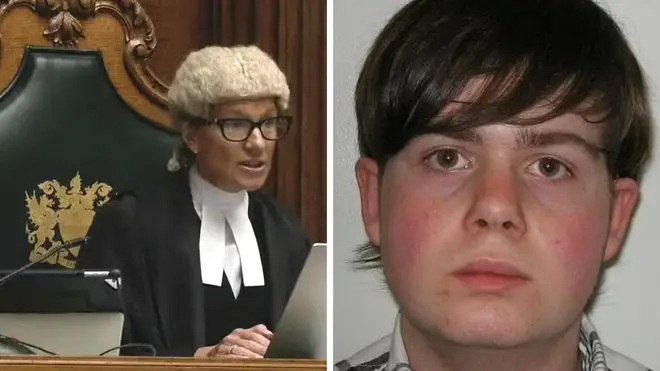
Legal history has been made after the first televised court sentencing was broadcast from the Old Bailey in London.
Judge Sarah Munro QC sentenced 25-year-old Ben Oliver to life imprisonment with a minimum term of 10 years and eight months for the manslaughter of his grandfather.
The move to allow cameras in the crown court follows a change in the law in 2020 but implementation was delayed due to the pandemic.
Read more: Martin Lewis issues urgent plea as British Gas profits skyrocket and Brits face £4k bills
Read more: The Lions are the lazy ones! Nadine Dorries wades into England’s Lionesses sexism row
Legal history made at the Old Bailey with first-ever televised sentencing in England and Wales
Never before seen photos of the court have also been released.
The sentencing of Oliver took place in Court Two, one of the Old Bailey's oldest courtrooms.
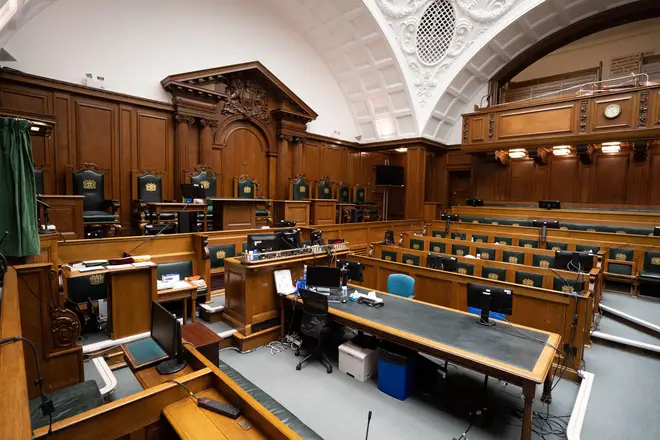
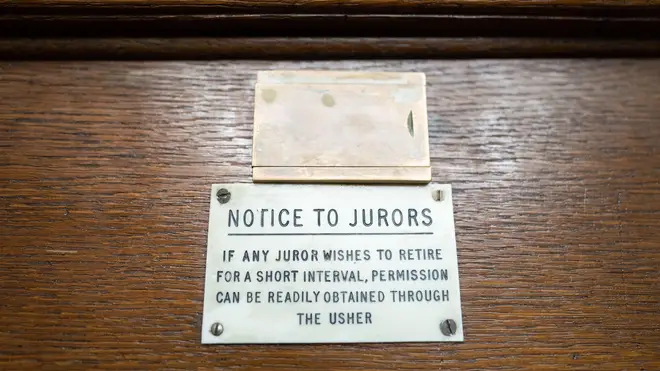
The defendant, from Bexleyheath, south London, had been cleared of murder having admitted the manslaughter of 74-year-old David Oliver, in Mottingham, south London, on January 19 last year.
His trial had heard he had repeatedly stabbed and slashed the bedbound victim in the face and neck as he lay "helpless" in his bedroom.
Prosecutor Louis Mably QC had told jurors it was carried out in the intention to kill because Oliver was "very angry" at learning of allegations against his grandfather of historical sexual abuse of girls.
The defendant had used a kitchen knife in the brutal attack, then confessed what he had done to his grandmother, the court had heard.
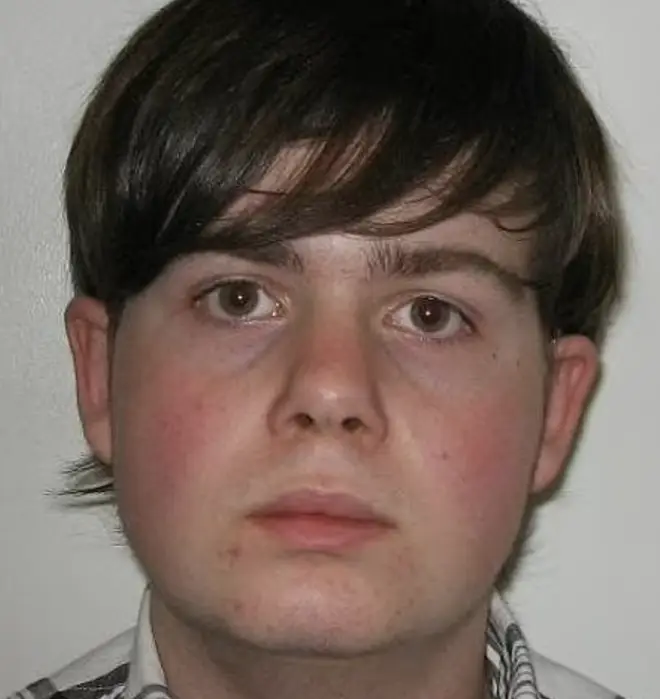
Jurors were told the defendant grew up in "troubled and difficult times", and in 2016 he was convicted of sexual offences against a young girl when he was aged 15.
He was released from youth detention in September 2019.
In the months before the killing, he became aware of allegations of sexual abuse against his grandfather, who was also said to have treated his wife badly and had affairs.
The defendant was also depressed and had suicidal thoughts.
He was said to have autistic spectrum disorder which, combined with other emotional and mental factors, diminished his responsibility for the killing.
Read more: Wagatha Christie verdict to be revealed at midday tomorrow
Read more: British Gas owner's profits increase five-fold to £1.3b as energy bills soar
The move to broadcast Oliver's sentencing was announced by the Ministry of Justice on Wednesday and was hailed by broadcasters as a "landmark moment for open justice" and a "victory for the viewer".
Lord Chancellor and Justice Secretary Dominic Raab said: "Opening up the courtroom to cameras to film the sentencing of some of the country's most serious offenders will improve transparency and reinforce confidence in the justice system.
"The public will now be able to see justice handed down, helping them understand better the complex decisions judges make."
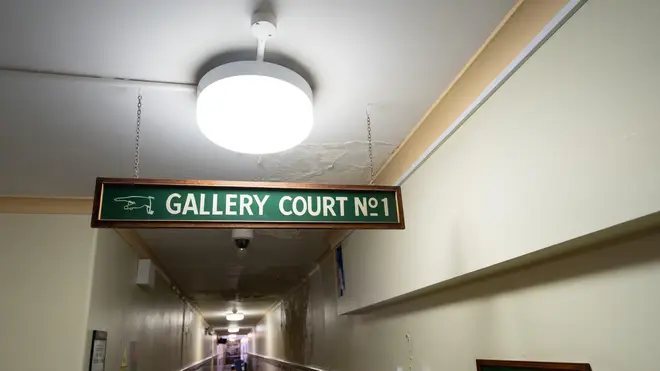
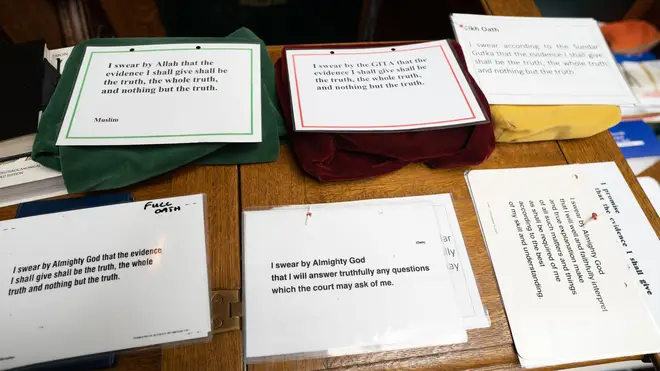
The Lord Chief Justice of England and Wales, Lord Burnett of Maldon, said the move was "very positive" in promoting open justice.
He said: "I think it's an exciting development because it will help the public to understand how and why criminals get the sentences that they do in these very high-profile cases."
"Sentencing of serious criminal cases is something in which there is a legitimate public interest.
"And it's always seemed to me that this is a part of the criminal process which can be recorded and broadcast in many cases, but not all, without compromising the administration of justice or the interests of justice."
Read more: Legendary actor Bernard Cribbins dies aged 93
Watch: Woman's Tube harassment case dropped 'because staff holiday meant CCTV was lost'
The Central Criminal Court in London routinely hears some of the most complex cases, including murders and terrorism trials.
Under the change in the law, High Court and Senior Circuit judges sitting in crown courts can be filmed delivering their sentencing remarks.
Only the judge will be on camera to protect the privacy of victims, witnesses and jurors.